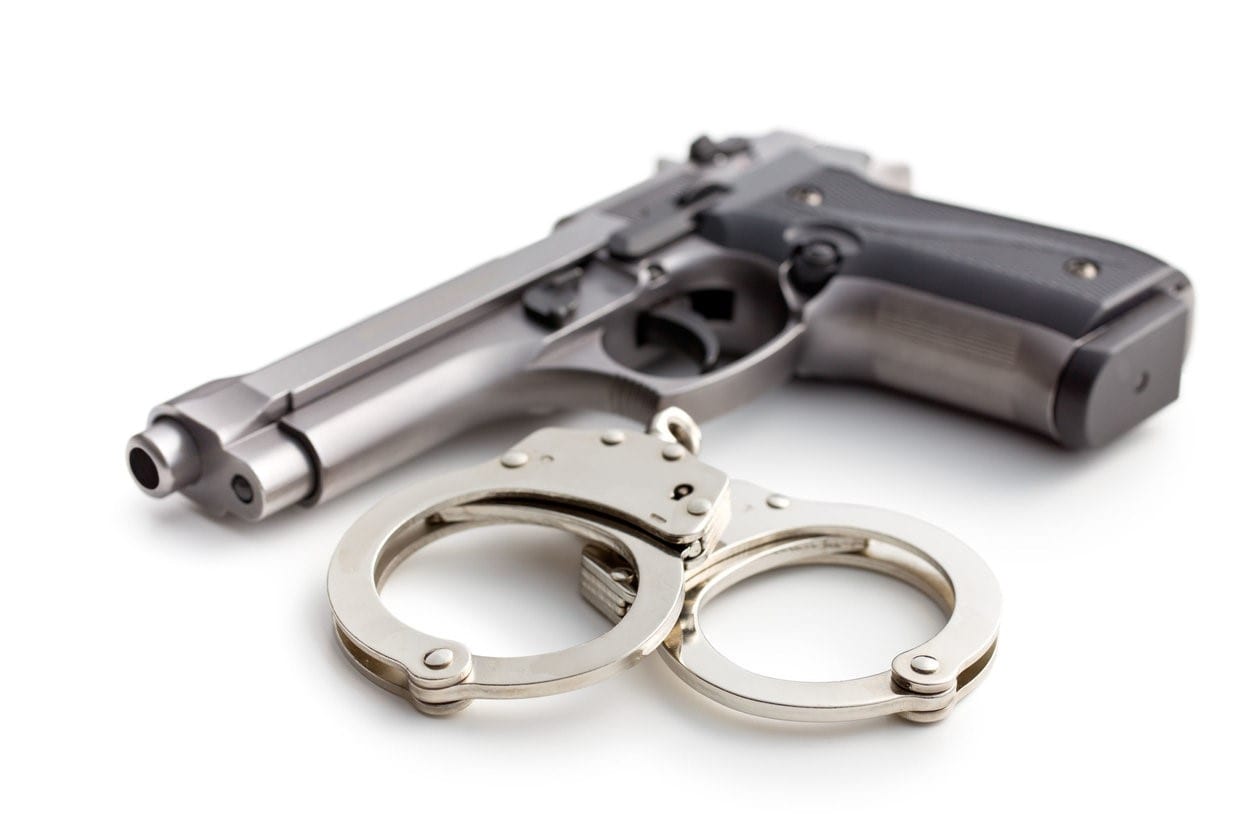Guns are a hot topic right now. With numerous school shootings, police shootings, and even terrorist acts threatening gun policies, it’s more important then ever to know and understand gun laws and your rights regarding guns in North Carolina.
Protecting the Second Amendment and the “right of the people to keep and bear Arms” is at the heart of this issue. And under section 30 of our state constitution, North Carolina also protects North Carolinians’ right to bear arms.
But just because you have that right doesn’t mean you always have that right. Depending on your personal background, whether you have a permit, or where you are, you may not be allowed to carry a gun.
For instance, under open carry laws, you don’t need to have a permit in order to openly carry a gun. But your gun still has to meet a certain minimum size. A concealed handgun, on the other hand, requires a permit – unless you are at your own residence – because small, concealable guns are more likely to be associated with criminal activity or behavior.
So let’s look at who can’t carry guns, when you can’t carry guns, and the penalties associated with a gun violation.
Who Can’t Carry a Gun in North Carolina?
The laws in North Carolina are clear when it comes to guns, and certain individuals are banned from carrying a weapon – open or concealed. You are prohibited from carrying a gun if you are:
- Under 21 years of age
- Not an American citizen
- Not a North Carolina resident for at least 30 days before filling out a gun application
- Unable to have a firearm under federal law
- A convicted felon or under indictment
- Convicted of certain types of violent crimes, including domestic violence
- Free on bond and awaiting trial, appeal, or sentencing for a crime that will not allow you to get a permit for a concealed handgun
- Convicted of driving under the influence (DUI) within 3 years of filling out a gun application
- A fugitive of the law
- Addicted to drugs or alcohol or an unlawful user
- Adjudicated as mentally ill
- Discharged from the United States armed forces with anything other than honorable conditions
When Can I Not Carry a Gun?
So if you meet all the criteria to carry a gun, then you need to be aware of certain circumstances and situations where it is illegal to carry a gun.
- Without a concealed carry handgun permit, you cannot carry a concealed gun unless you are on your own property.
- You can’t carry a gun onto school or education property.
- You cannot carry a gun or weapon into a courthouse or on certain state property.
- Guns are banned at picket lines or other types of demonstrations. The only exception for this is if a gun is carried on a pickup truck rack.
- Guns are prohibited during riots, civil disorder, or any other disturbance that has 3 or more people involved.
Additionally, you were previously prohibited from carrying guns into an establishment that sells alcoholic beverages, at a parade, and at a funeral. But a 2013 firearms law now allows concealed weapons as long as they are properly secured.
As far as schools are concerned, certain people are allowed to have a concealed gun on campus or to keep a gun in their locked vehicle. So as long as you have a permit and your gun is concealed, you can bring a gun to a restaurant or bar with alcohol, to a funeral or a parade, and at assemblies where admission is charged.
If, however, the property posts a sign that bans all firearms, making it a gun-free zone, then you are prohibited from bringing a gun onto the premises even if the law technically allows it.
What are the Penalties for Gun Carry Violations?
You can be charged with a misdemeanor or felony weapons offense depending on your specific violation.
- If you are carrying a concealed handgun without a permit, you will be charged with a class 2 misdemeanor the first time, and a class I felony any subsequent time. A class 2 misdemeanor is punishable by a fine up to $1,000 and 1 to 60 days of active, intermediate, or community punishment. A class I felony is punishable by 3 to 12 months in jail.
- You can be charged with a class 1 misdemeanor if you violate a property’s gun ban or if you bring a gun to a parade, demonstration, courthouse, or state property. A class 1 misdemeanor is punishable by 1 to 20 days of active, intermediate, or community punishment.
- It is a class I felony to bring a gun onto school property.
- It is a class H felony to have a gun during civil disorder. Class H felonies are punishable by 4 to 25 months in jail.
So even though you’re allowed to have guns, you need to make sure you are legally allowed to have it wherever you are. If you have questions about carrying a gun or have been charged with a gun crime or violation, contact an experienced North Carolina weapons charge attorney who can help you understand your legal rights.
About the Author:
Attorney Mike Schlosser represents victims of personal injury, those charged with a crime, as well as those facing traffic charges. A former Guilford County, North Carolina District Attorney, Schlosser has been in private practice at the Law Firm of Schlosser & Pritchett since 1983 and has been a member of the North Carolina State Bar since 1973.










